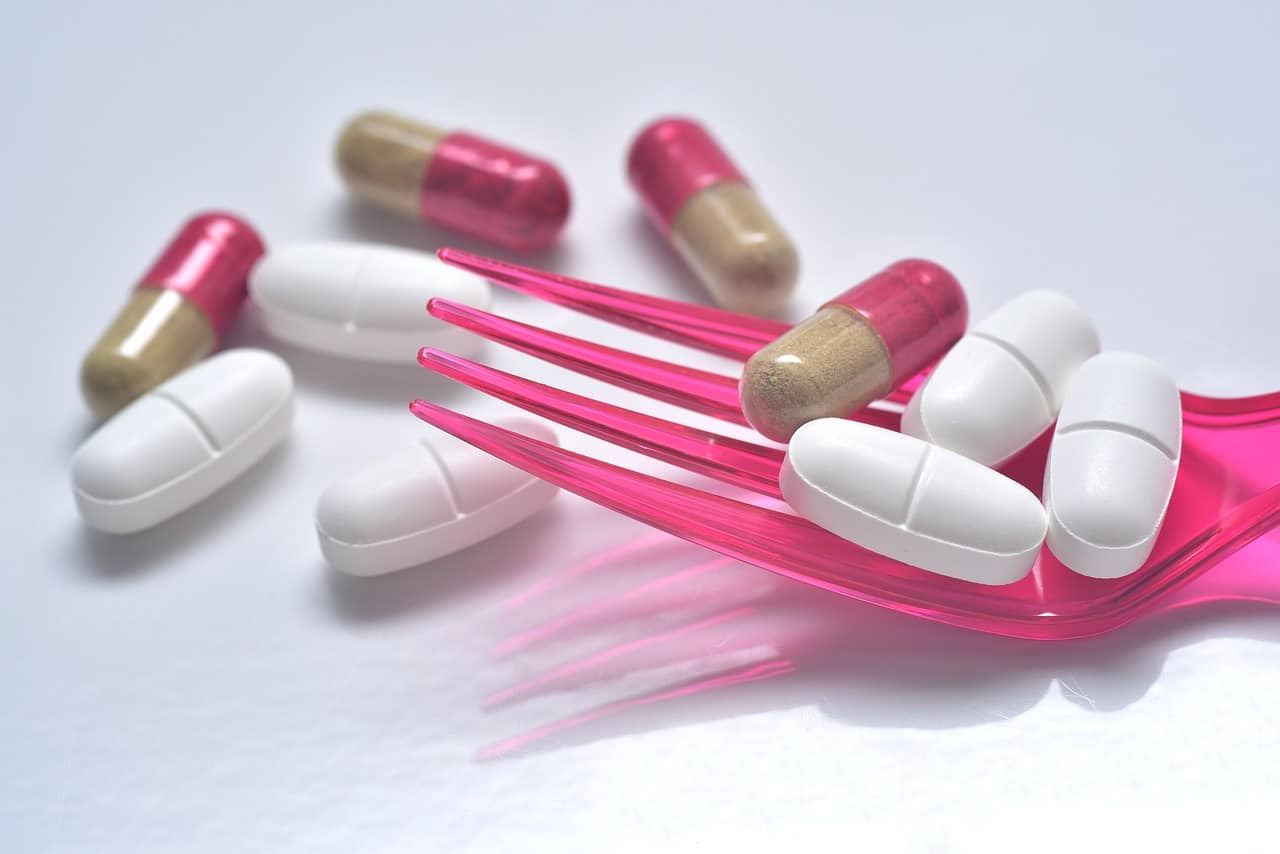Antibiotic resistance is a major problem that was ignored for a long and resulted in major economic and health policy failures in the last few years. Considering the conventional medicines are outdated and don’t work on most of the people, the doctors urge pharma companies to bring new and more advanced versions of antibiotics so that millions of people can be saved.
Dr. Manica Balasegaram from the Global Antibiotic Research & Development Partnership (GARDP), emphasizes on finding new medicines to overcome antibiotic resistance. GARDP is a non-profit body that focuses on finding innovative ways to combat drug-resistant strains.
This Geneva-based organization was originated after the Global Action Plan on Antimicrobial Resistance by WHO back in 2015. It supports finding new types of antibiotic therapies that are affordable, efficient, and more readily available to everyone. They contribute in terms of funding for the clinical trials, uniting global leaders on community health forums, encouraging private partners to work on novel therapeutics, and educating the policy-making and changing with respect to public health threats.
Also read- Health Experts Criticize Worrying Steps Taken by CDC and FDA
Drug resistance is a mechanism that initiates after antibiotics stop working against the bacteria that they are designed to kill. It is a widely broad term and doesn’t only relate to bacteria alone but also includes viruses and even fungi.
As the pathogens keep on evolving to survive, many times they develop a counter-strategy against the common medicines. So the new variants of pathogens are unharmed by these old conventional medicines. This results in an increase in the number of patients, hospitalization, resources loss and burden on the national economy.
Unlike popular opinion, the resistance can be developed even after a doctor has recommended using certain types of antibiotics. It is a natural procedure and it only related to the changes in microbial structure.
Not many people know that the antibiotics do not target or kill viruses which is why doctors don’t recommend them for flu, sore throat, or sinus related problems. Using antibiotics for such problems may also be involved in developing resistance in communities.
Only in the US, nearly 3 million people get attacked by an antibiotic-resistant strain of bacteria and more than 35,000 lose their lives because of the ineffective medicines. It costs more than $20 billion in terms of healthcare expenditures and additional prices for the economic and productive loss for the country.
Considering the impact of the on-going pandemic, it is high time to give priority to health. This pandemic has made all global bodies to re-organize their crisis management plans and policies. Although many of them are already working on it but watching how one public health crisis has suddenly awakened the world is rather encouraging to hope for a better future.
Also read- Bizarre Study Finds Religious People Are More Likely to Have Disturbed Sleep Cycles
Antibiotic resistance, unlike how many people say is real and not just a theory. It may not be a rapid killer like a pathogen but the risk of death is equally high as that of a pandemic. The worst thing is that it doesn’t even get the same acknowledgment and attention that it actually deserves.
Regardless of what some people believe, the drug-resistance is magnifying its spectrum and no one really knows what would be the future of the health sector without new medicines and therapeutics.


